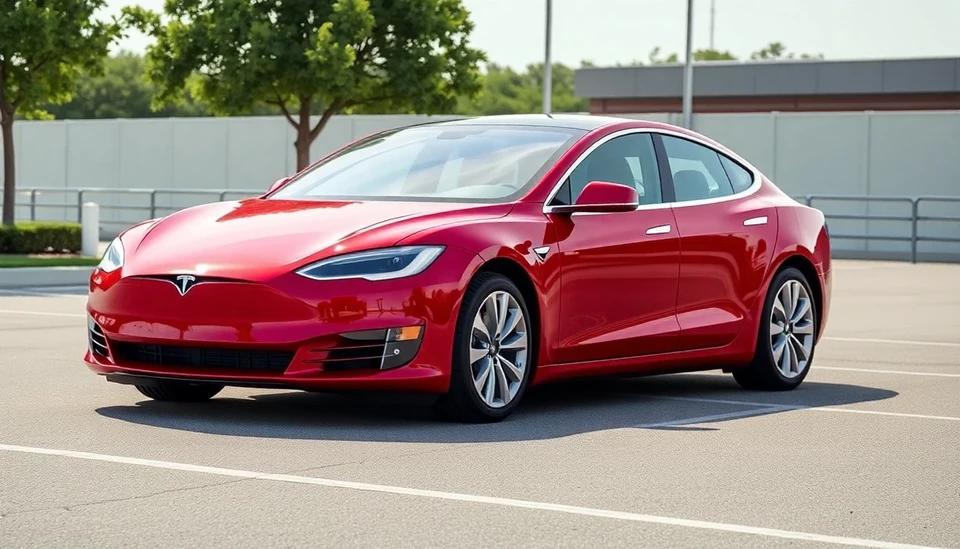
Tesla Inc. is currently experiencing significant challenges as both its stock price and sales figures show a troubling downward trend. Investors and analysts are beginning to question the sustainability of the company’s growth in what has been a fiercely competitive electric vehicle market.
In recent weeks, the electric vehicle giant has seen its stock price plummet, with shares dropping by over 20% in the last quarter alone. This decline has raised alarm bells among shareholders, many of whom are worried that Tesla may struggle to maintain its leadership position in the industry. Factors contributing to this decline include increasing competition from both established automakers and new entrants into the EV space. Major manufacturers are ramping up production of electric vehicles, offering a wide range of models that cater to various consumer preferences.
In addition to the stock price woes, Tesla's sales figures have also taken a hit. Reports indicate that the company's vehicle deliveries have fallen short of expectations, leading analysts to reassess their forecasts for the upcoming quarters. The slowing demand for Tesla’s vehicles can be attributed to several factors, including rising interest rates which are making auto loans more expensive, and a general cooling of the car market as consumers become more cautious amid economic uncertainties.
Another significant concern for Tesla is its pricing strategy. The company has initiated several price cuts on its vehicles to stimulate demand, but this has raised questions about its profit margins. As Tesla strives to remain competitive, the lower prices may not only affect its revenue but could also signal a potential shift in market dynamics. If the trend continues, it could erode investor confidence further.
Furthermore, industry experts point out that Tesla faces challenges related to production bottlenecks and supply chain issues that have become increasingly evident during the previous quarters. The company has struggled with meeting delivery deadlines and maintaining its production levels, which could put it at a disadvantage compared to competitors who are managing their supply chains more effectively.
Despite these challenges, Tesla remains a pioneering force in the electric vehicle market, and its continued innovation in battery technology and autonomous driving features keeps it in the spotlight. Nevertheless, analysts urge caution in forecasting the company's future, given the rapidly changing dynamics of the auto industry. It will be crucial for Tesla to adapt and respond to these challenges in order to secure its position at the forefront of the EV revolution.
The upcoming quarterly earnings report will be a key indicator of how the company is navigating these turbulent waters. Investors and stakeholders will be keeping a close eye on the figures as they may reveal whether Tesla can turn the tide or if the company is indeed in serious trouble.
As the situation continues to develop, many are left wondering: can Tesla stabilize its stock price and ramp up sales, or will the competition and market conditions prove too difficult to overcome?
#Tesla #TSLA #ElectricVehicles #StockMarket #AutomotiveIndustry #EVMarket #Investment #FinancialNews #Technology
Author: John Harris




